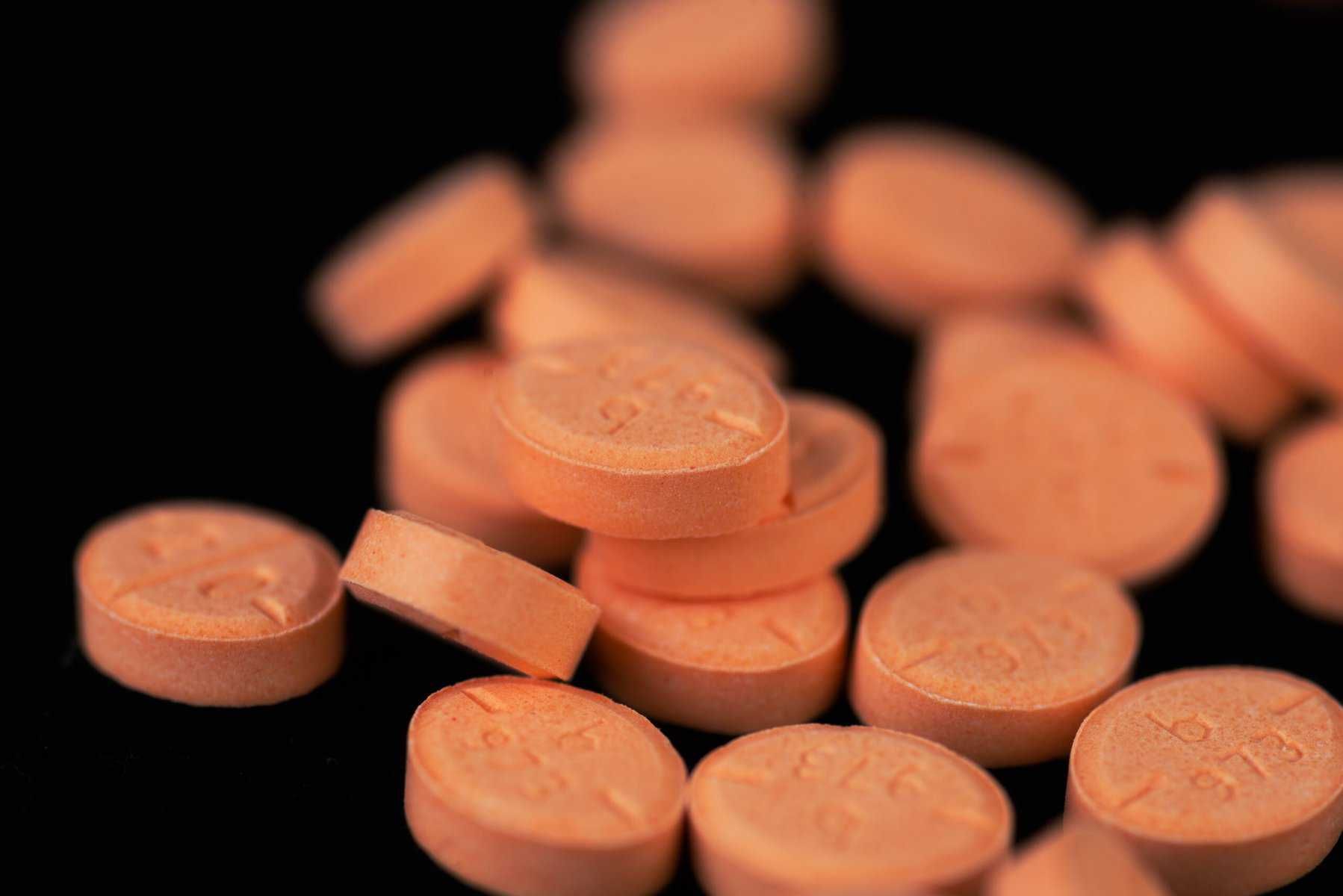How Do I Explain Employment Gaps Due to Addiction Treatment?
For many, a job is more than just a means of making money; it can be part of their overall identity and why they get up each day. Because employment is so important, it can serve as a barrier to seeking treatment. The thought of losing a job or having a gap in one’s employment history due to treatment for addiction to drugs or alcohol can be troubling.
The truth is, you may be questioned if there are gaps in employment on your resume. In today’s society, hundreds, even thousands of people are often applying for just one job. The thought of this can be very discouraging for anyone looking for work.
Since the job market is so competitive these days, it is essential to be prepared to explain any gaps in employment you may have due to seeking addiction treatment.
Build New Skills
If you make the decision to seek treatment and potentially step away from work, it is important to take full advantage of the opportunities provided. Focus on the new skills you are developing and make every effort to learn when you can. Many of the groups and therapeutic activities that are offered by treatment facilities provide chances to learn new things.
For example, you might pick up a new hobby during horticulture therapy that could eventually lead to an employment opportunity. You might gain new or improved interpersonal skills as a result of a therapy group that will serve you well in your next interview.
Prepare for Future Job Interviews
Preparing is one of the best ways to ensure an interview goes as planned. If you have gaps in your employment history, you need to come prepared to discuss them. While they may not even come up, it is a good idea to have something to say if you are questioned.
Coming prepared for an interview also involves doing a little research. Look into the mission of the company. Research the size and recent growth patterns. Think about what skills you can offer to enhance the organization. Also, be ready to ask a few questions of your own based on your research. The better the conversation goes, the less likely they are to harp on anything from your past.
Be Honest
When discussing reasons for your gaps in employment with a potential supervisor or interviewer, be honest. Often, employers will understand and support your decision to step away from work to seek treatment.
It can be intimidating to have a conversation like this when you are unsure of the outcome. When you are new in recovery, you want to find a workplace that is supportive. Surrounding yourself with people who will encourage you and lift you up. is critical If you find that the discussion does not go as planned after being honest about your past, it may not be the right fit.
Focus on Healing
Seeking treatment for addiction can be a little scary. Walking away from a job or a career to seek help is not always easy, even when you know it is the right thing to do. The truth is, you are not functioning your best at work, or at home, while you are struggling with addiction.
It is time to put yourself first and focus on healing. You will develop new skills, improve your focus, boost your energy levels, and increase your overall wellness by choosing to seek treatment. A gap in employment due to your addiction is a hurdle you can overcome. Focus on the good. Imagine what you will bring to your next job as a result of your sobriety.
Career Building Programs in Recovery
There are several ways to make this transition into the workforce easier. One way is to continue participating in something worthy of noting on your resume while in treatment. Enlightened Solutions offers several different programs through our Enlightened Farm. These programs are designed to help clients develop new skills, build confidence, and give back to the community in a productive and meaningful way.
Enlightened Farm allows those in inpatient treatment, partial care, and sober living – as well as community members – to get involved. The Growing Gratitude Program provides an opportunity to give back through community service. This promotes skill-building and general farm knowledge, which can be added to a resume and used again.
The Solid Roots Employment Program offers job opportunities and stable income for those in sober living and who are new to recovery. This can serve as an excellent stepping stone between treatment and embarking on a new career path.
Having to explain a lapse in employment can be uncomfortable. Going into treatment knowing you are going to have a gap to explain to future employers can sometimes serve as a deterrent for seeking help. Don’t let this keep you from getting help. There is plenty you can do while in treatment for addiction to make sure you are gaining experience, building skills, and preparing for life and success afterward. At Enlightened Solutions, we provide several different opportunities through the Enlightened Farm to help clients develop new transferrable skills, gain work experience, and earn an income in recovery. Our therapy and wellness groups also promote skill development and provide chances to practice and improve various soft skills. If you or someone you love is struggling with an addiction to drugs or alcohol, we would love to hear from you. To begin healing, call Enlightened Solutions today at (833) 801-LIVE.



